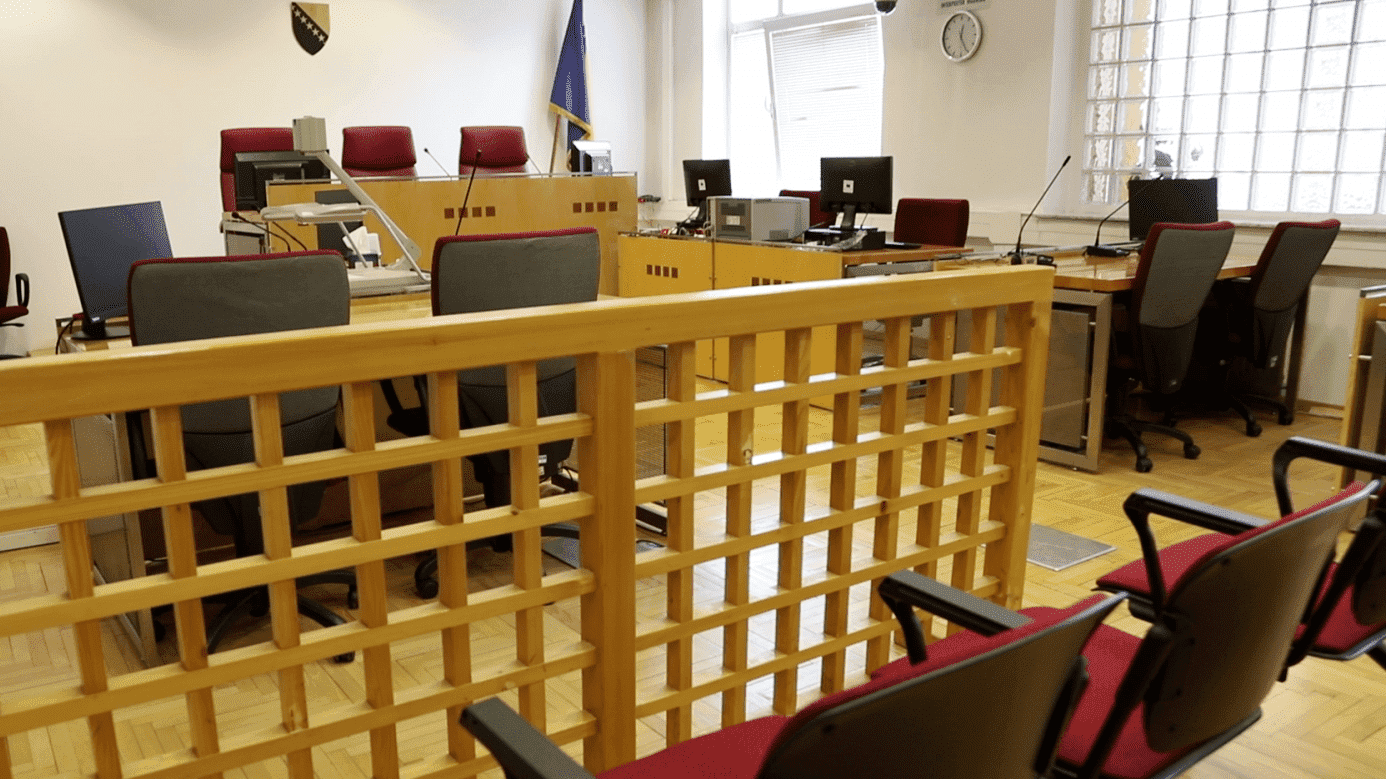War crime cases involving a large number of defendants have been on hold for more than a year because of measures imposed to prevent large gatherings spreading the coronavirus, raising...
A state prosecution witness testifying at the trial of Zdenko Andabak, Muamir Jasarevic and Sead Velagic said he heard that his father and other Serbs had been killed in the...
The presentation of evidence at the trial of Indira Kameric came to an end today.
The Defence of Indira Kameric, who is charged with crimes in the Bosanski Brod area in 1992, completes the presentation of its material evidence.
Recent decisions by the Court of Bosnia and Herzegovina to close war crimes trials to the public in order to protect the private life of the indictees, has faced strong...
At the trial of Indira Kameric, who is charged with crimes in Bosanski Brod, the Defence presents one piece of material evidence.
The murder and rape of pregnant women by fighters during the conflict in Bosnia and Herzegovina remains one of the least-researched aspects of wartime brutality.
At the trial of Indira Kameric, who is charged with crimes in Bosanski Brod, the Defence presents several documents, trying to prove that the indictee worked with the municipality during...
No one has ever been charged with making a threat against witnesses even though the witnesses themselves complain about the threats that they are receiving and that this is often...
At the trial of Indira Kameric for crimes in Bosanski Brod, the Prosecution of Bosnia and Herzegovina, BiH, presents a few pieces of material evidence to which the Derfence objects.
